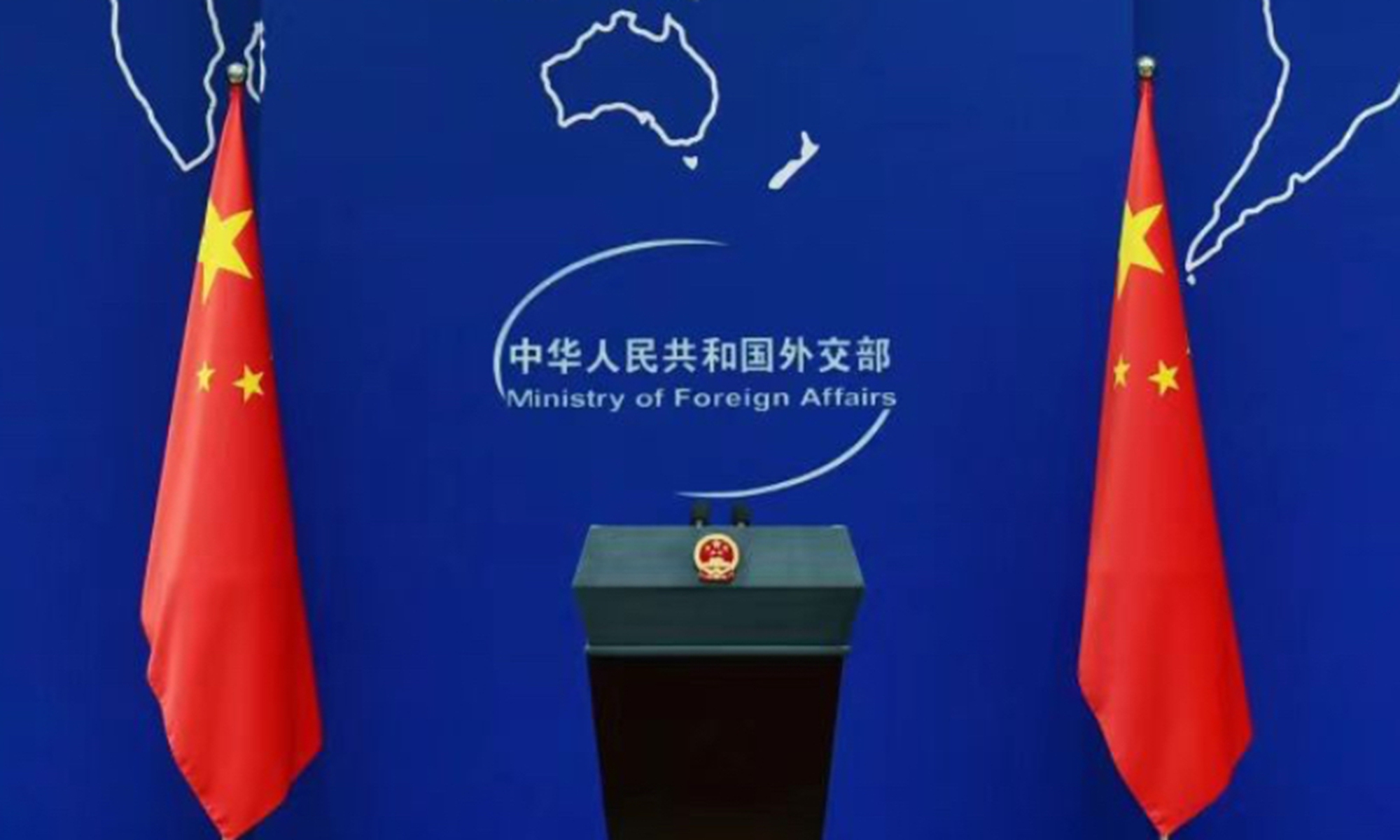Governance Implications of Recent Changes in Corporate Leadership

The recent changes in the corporate governance of the company, highlighted by the resignation of non-independent director Ruan Xinbo and the proposal to appoint Deng Erping as his replacement, underscore a noteworthy shift within its board structure. This transition, while seemingly procedural, may have significant implications for the company’s strategic direction and overall governance framework. In an era where transparency and active stakeholder engagement are paramount, these developments prompt a closer examination of the dynamics at play, particularly in light of evolving industry regulations and global best practices in corporate governance.
The shareholder turnout at the interim meeting revealed a modest participation rate, with only 18.23% attending in-person and a mere 0.41% utilizing network voting. While the overwhelming acceptance of governance proposals—with approval rates exceeding 99%—suggests broad alignment among shareholders, the lack of active engagement raises critical concerns. Is this a sign of disengagement from the company's strategic decisions or merely a reflection of confidence in the proposed leaders? A deeper investigation into shareholder sentiment could be crucial, as low participation may foreshadow challenges in future corporate actions or votes, potentially diminishing management’s accountability to its stakeholders.
Furthermore, the approved changes to the company’s articles of association signify a recalibration of the governance framework. This move not only aligns with the current regulatory environment but also positions the company to adapt to future market challenges. The change in auditors, while indicative of a desire for improved oversight, introduces ambiguity regarding the continuity of financial reporting. Historically, similar shifts have magnified risks linked with varying interpretations of financial data—most notably seen in the aftermath of the 2008 financial crisis when auditor credibility was called into question. Thus, while change can herald positive evolution, it is essential to approach these transitions with vigilance.
As the company steps into this new chapter of governance, it is imperative for all stakeholders—investors, regulators, and consumers—to remain acutely aware of both the risks and opportunities this may present. The potential for strategic misalignment stemming from new board members' differing perspectives warrants scrutiny, alongside the anticipation of how audit changes may reshape expectations regarding financial transparency and operational performance. Looking forward, a proactive stance in shareholder communication, coupled with an emphasis on robust compliance and governance practices, will not only safeguard against misrepresentations but also galvanize investor confidence in an uncertain economic landscape.
In conclusion, while the governance reforms appear to be strategically sound moves towards enhanced oversight and accountability, they also encapsulate a broader imperative for active shareholder engagement. Could it be that the company’s next steps hinge on revitalizing this relationship and addressing the undercurrents of dissent that may reflect deeper-seated concerns among its constituents? The answers to these questions will be pivotal in navigating the complexities of modern corporate governance.
Read These Next

China's Foreign Minister Reaffirms Steady US Trade Stance
China's Foreign Ministry reaffirms a clear stance on US trade issues amid talks on economic discrepancies and security.

J P Morgan Survey Downgrades U S Treasury Rating to Neutral
JPMorgan's survey adjusts U.S. Treasuries' rating to neutral, influencing market expectations and global capital flows.

Trump Proposes Nvidia Sell Scaled-Down GPU Chip to China
Trump hints at negotiations for a scaled-down Nvidia GPU for China, showing US-China tech sector complexities amid export controls.
